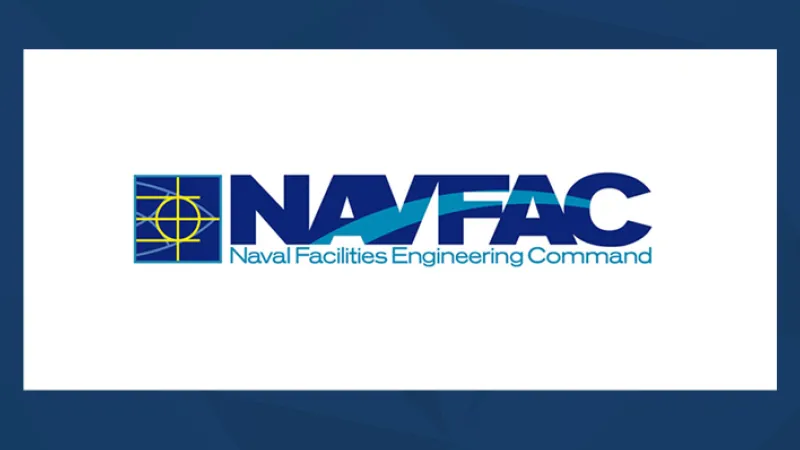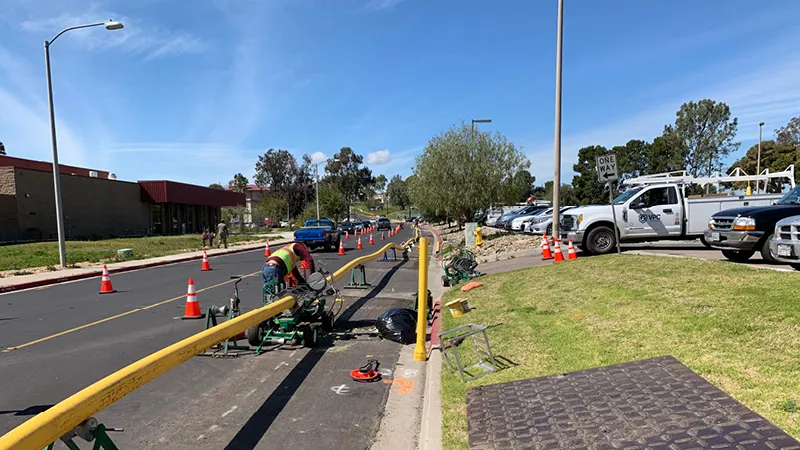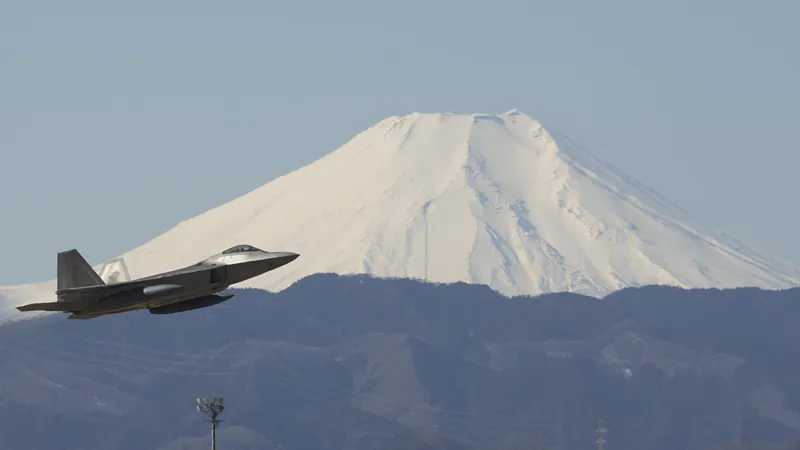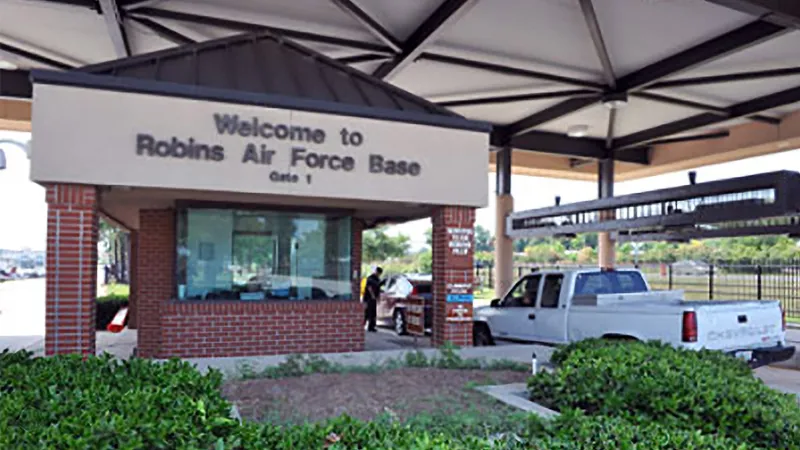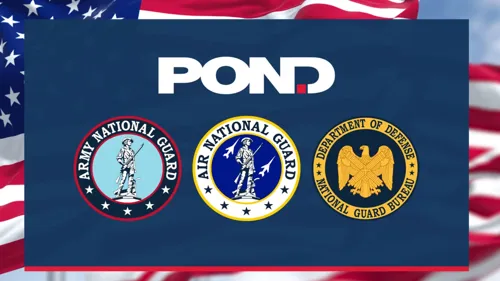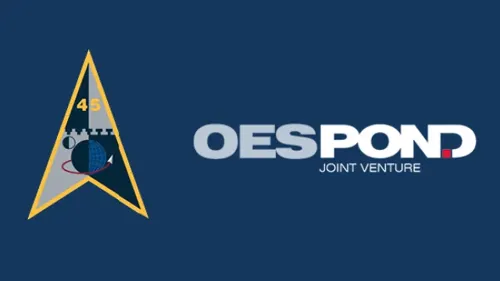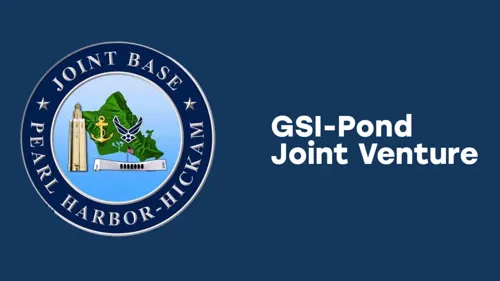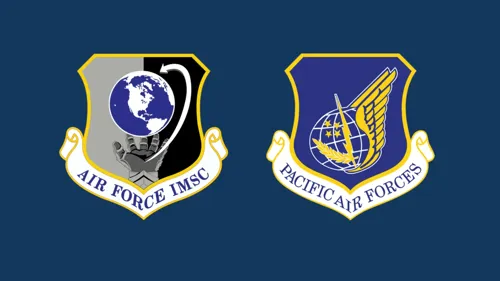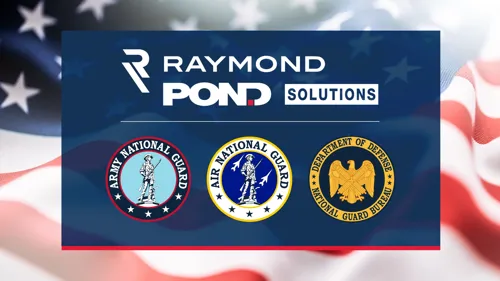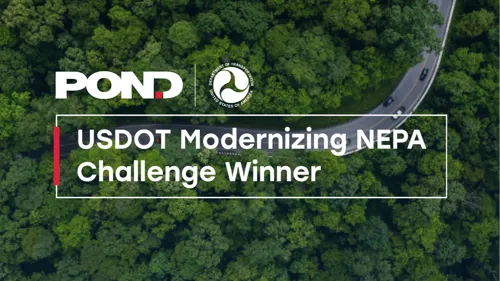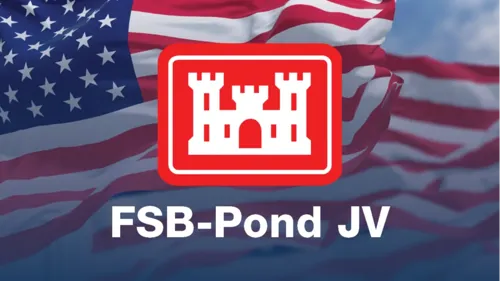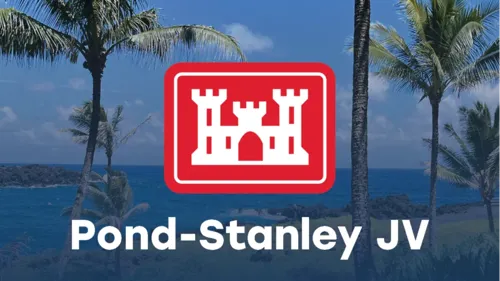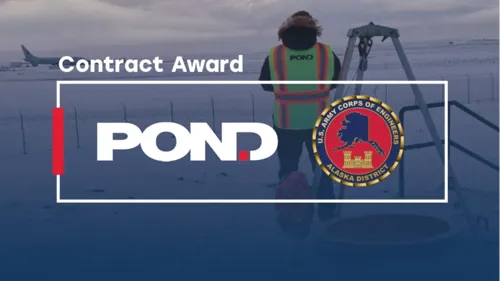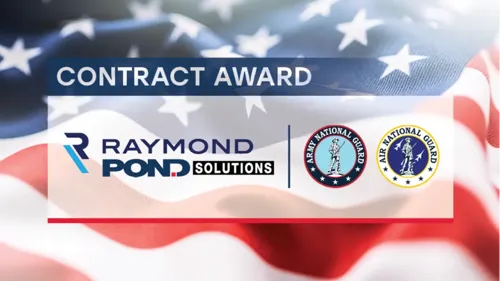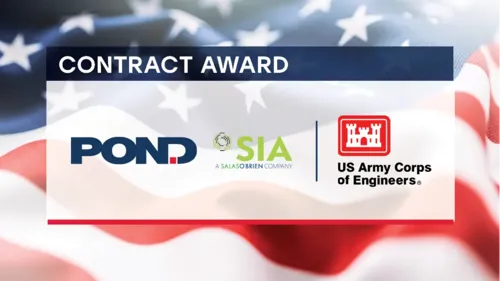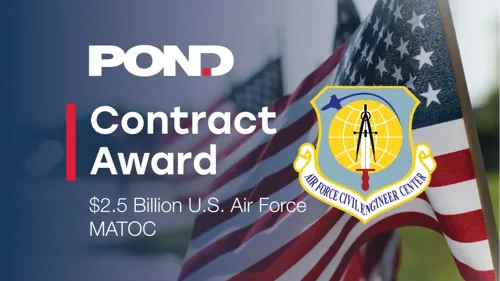Navigating Permitting Challenges Following the Clean Water Act Ruling
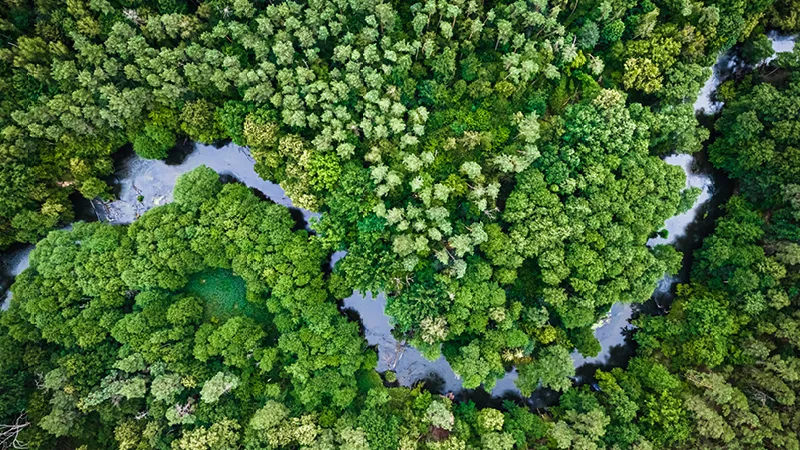
Author:
Glenn Martin, PWS, CE | Vice President of Environmental Services
[email protected]
A recent ruling may have significant impact on clients in the utilities; mining; residential, commercial, and industrial development; agricultural; recreational; stormwater management; mariculture; and renewable energy industries. Pond is following the situation closely and working with clients across the affected industries to evaluate contingencies and is available for discussion.
We are currently experiencing a unique legal situation that is affecting the ability of the United States Army Corps of Engineers (USACE) to authorize the 2021 Nationwide Permits (NWPs), which allow for the discharge of fill to Waters of the US under Section 404 of the Clean Water Act.
What Happened?
On October 21, 2021, the U.S. District Court for the Northern District of California vacated the US Environmental Protection Agency’s (USEPA) 2020 Clean Water Act (CWA) Section 401 “Certification Rule” (“the 2020 Rule”). In re Clean Water Act Rulemaking, No. 20-cv-4636, et al. (Oct. 21, 2021). The vacatur is now in effect and is applicable nationwide. The effect of the Court’s ruling is to reinstate USEPA’s previous Certification Rule, which had been in effect since 1971 (“the 1971 Rule”). The USEPA had already identified substantial concerns with the “2020 Rule” and was already in the process of revising the 401 Certification Rule prior to the ruling and vacatur. The USEPA requested the District Court of Northern California to remand the rule without vacatur while USEPA continues working on a revised rule. A critical effect of this vacatur is the apparent inability of the USACE to issue authorizations for permit requests under the 16 NWPs, which were issued/reissued in 2021, as these NWPs rely on the “2020 Rule” for 401 Certification. Please note that this appears to affect the 16 Nationwide Permits which were issued/reissued in 2021. The remaining 40 Nationwide Permits which were issued/reissued in 2017 would not be affected as long as they received a conditional 401 Certification at the time of issuance. However, if a specific state withheld conditional certification in 2017 or a specific project exceeds the limits of a conditional certification, then we presume that the vacatur would now prevent the issuance of a 401 Certification; thereby, preventing USACE from authorizing permit coverage in such instances. These limitations apply not only to USACE, but also to any state (i.e., Michigan, New Jersey, and Florida) or Tribal Government which has assumed the administration of the Section 404 program on behalf of the USACE.
Who is Affected?
The industries most likely to be affected by this situation include: utilities (oil, natural gas, electric, telecom, water, etc.); mining; residential, commercial, and industrial development; agricultural; recreational; stormwater management; mariculture; and renewable energy. Below is a list of 2021 nationwide permits (NWPs) that are currently not being authorized:
- Surface Coal Mining Activities
- Residential Developments
- Commercial and Institutional Developments
- Agricultural Activities
- Recreational Facilities
- Stormwater Management Facilities
- Mining Activities
- Commercial Shellfish Mariculture Activities
- Underground Coal Mining Activities
- Land-Based Renewable Energy Generation Facilities
- Water-Based Renewable Energy Generation Pilot Projects
- Seaweed Mariculture Activities
- Finfish Mariculture Activities
- Electric Utility Line and Telecommunications Activities
- Utility Line Activities for Water and Other Substances
- Oil or Natural Gas Pipeline Activities
How Can Pond Help?
Pond’s regulatory specialists have reached out to multiple USACE Districts to discuss the situation. USACE regulatory staff have confirmed the inability to authorize applications for coverage under the 2021 NWPs and have also indicated that they are unable to authorize Individual or Standard Permits at this time. District staff indicated that Pre-construction Notifications (“PCNs”) for coverage were still being accepted and reviewed but that authorization cannot be issued until the 401 Certification issue is resolved. Applications for coverage under the 2017 NWPs or Letters of Permission can still be authorized. We anticipate forthcoming guidance from USEPA regarding next steps for moving forward with 401 Certifications under the “1971 Rule” as they move forward with revised rulemaking. It is also possible that the vacatur may be appealed and could be stayed or otherwise limited.
In the meantime, Pond is working closely with our clients across many of the affected industries to inform them of the situation and collaboratively evaluate contingencies and alternatives. In some cases, this may mean simply delaying projects until the issue is resolved. In other cases, Pond is working to identify revisions to project plans which may avoid the need for Section 404 permitting all together and thereby sidestep the issue. As we near the end of the calendar year, this unanticipated challenge can also have implications for financial forecasting and capital improvement budgets. Pond is assisting many clients with reallocating program budgets to accelerate shovel-ready projects which are not constrained by this issue. Pond’s environmental team maintains close communication with multiple USACE Districts and will continue to monitor the situation. If you are concerned about how this may affect your projects, then please do not hesitate to reach out any of Pond’s environmental leaders to discuss specific considerations and implications.


